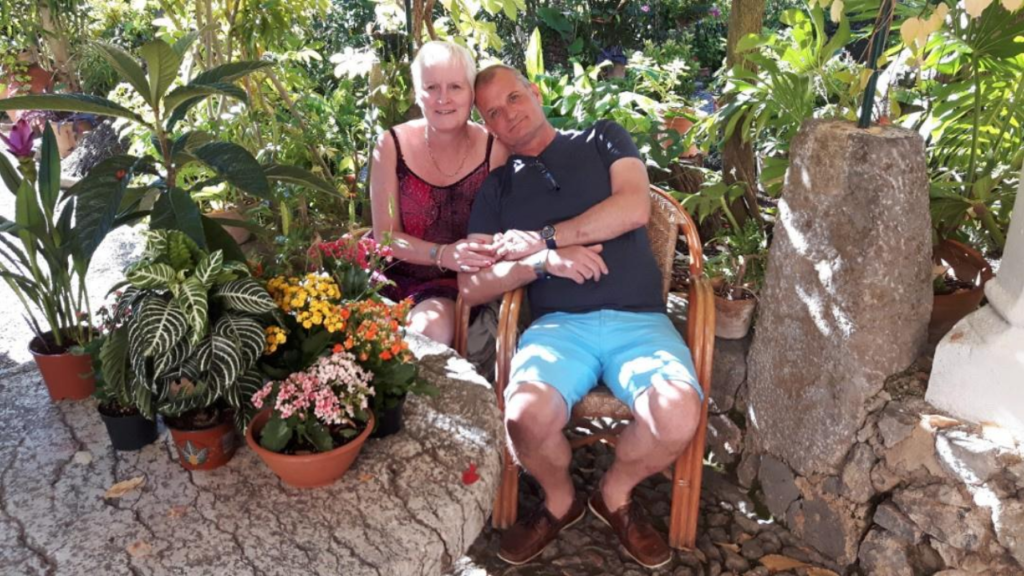News Hub
Spondon man says critical care given by local air ambulance saved his life

Spondon factory floor manager Phil Hulland nearly died three years ago on 25 August when he had a cardiac arrest in his sleep.
He credits the doctor and critical care paramedic from Derbyshire, Leicestershire & Rutland Air Ambulance with saving his life when they put him into a medically induced coma before he was taken to Royal Derby Hospital by land ambulance.
“Despite the amazing efforts of everyone else who attended me, I don’t think I’d be alive today if I wasn’t put into a coma. My cardiologist has told me that my chances of surviving were only 0.15 per cent. It really is a miracle that I’m still here,” he says.
Phil had been given CPR – firstly by his wife Mandy and then by paramedics – and shocked with a defibrillator twice before there was a flicker of activity on the electrocardiogram machine monitoring his condition. This signalled the return of a weak pulse and the start of a long journey towards recovery.
The DLRAA doctor and critical care paramedic had arrived at Phil’s home in the charity’s critical care car.
The car was used for this mission instead of the helicopter due to the time of day – the helicopter is not available early mornings or during the hours of darkness so having the car as well means there is 24-hour critical care cover available.
It was decided to put Phil into an induced coma to give his heart and brain a chance to recover. Even with good CPR –as happened in Phil’s case – there is reduced blood flow to the brain and it can take several days for it to fully recover.
The air ambulance team then accompanied Phil in the land ambulance to Royal Derby Hospital where he spent a month recuperating and having further treatment.
During this time he was transferred to Nottingham City Hospital to have an implantable cardioverter-defibrillator (ICD) fitted and the device now regulates his heart 24 hours a day and will provide an immediate shock to the heart should Phil ever have another cardiac arrest.
When Phil had the cardiac arrest in August 2017 he was asleep in bed just before 8am when he suddenly gasped, lurched forward and lay back down again.
Mandy, who had been trained in CPR (cardiopulmonary resuscitation) called 999 and pulled Phil onto the floor to start working on him. She was supported by the East Midlands Ambulance Service call handler who talked her through the process until the land ambulance arrived.
“If Mandy hadn’t been lying in that morning and had got up 15 minutes earlier like she normally did, I would have died. She did CPR on me for about ten minutes and kept me going,” says Phil.
Mandy adds: “I just went into robot mode. I didn’t really panic, I just knew I had to get him on the floor and do as much as I could to stop him dying.”
Phil’s only side effects since it happened are short-term memory loss and chronic tiredness.
“It could be so much worse and I am grateful that’s all I suffered,” he says.
Forever grateful to the local air ambulance for saving his life, Phil and his family do all they can to support the charity. He and Mandy have attended events to raise awareness by talking about their experience and their son David has done a sponsored wing walk.

Your local air ambulance needs continued support as it launches its brand new lifesaving helicopters early next year! To support the lifesaving work they do, please click here
